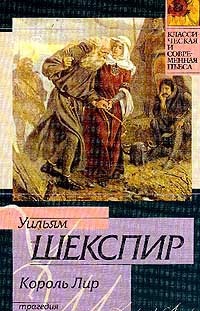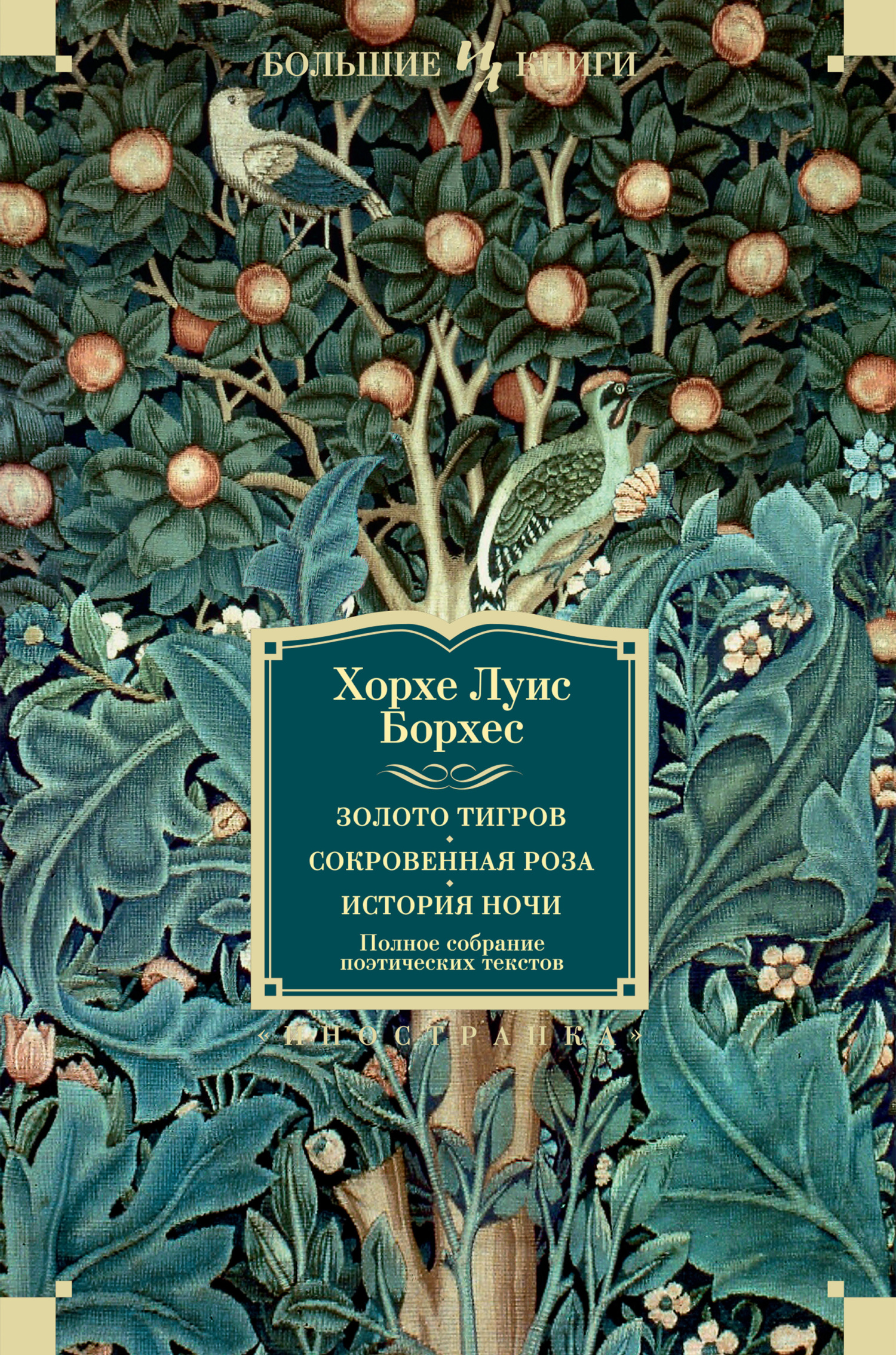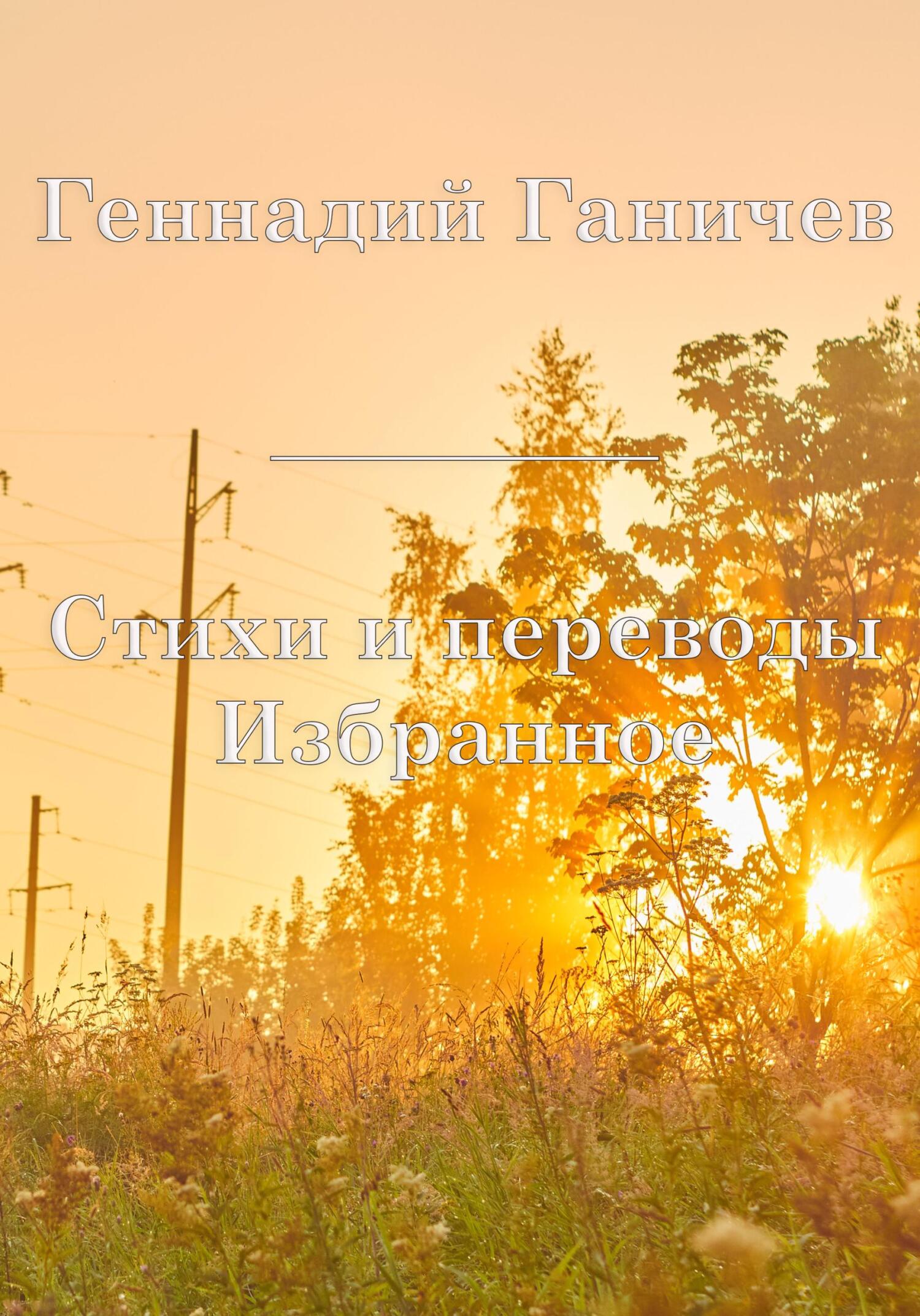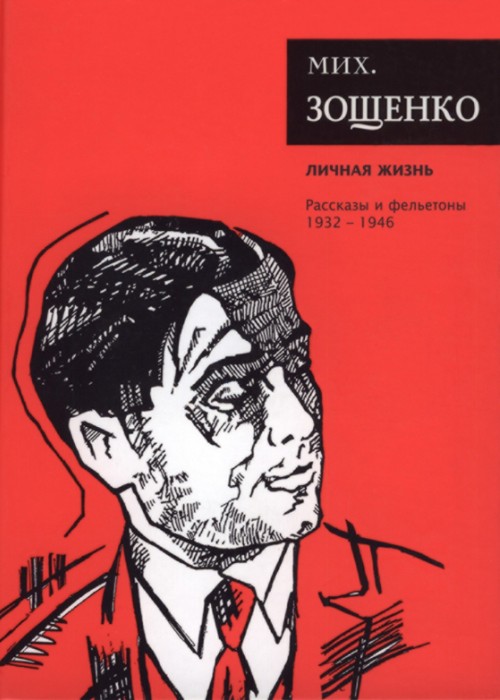Книга Чистый nonsense - Эдвард Лир
Читать книгу Чистый nonsense - Эдвард Лир полностью.
Шрифт:
-
+
Интервал:
-
+
Закладка:
Сделать
Перейти на страницу:
Перейти на страницу:
Комментарии и отзывы (0) к книге "Чистый nonsense - Эдвард Лир"












